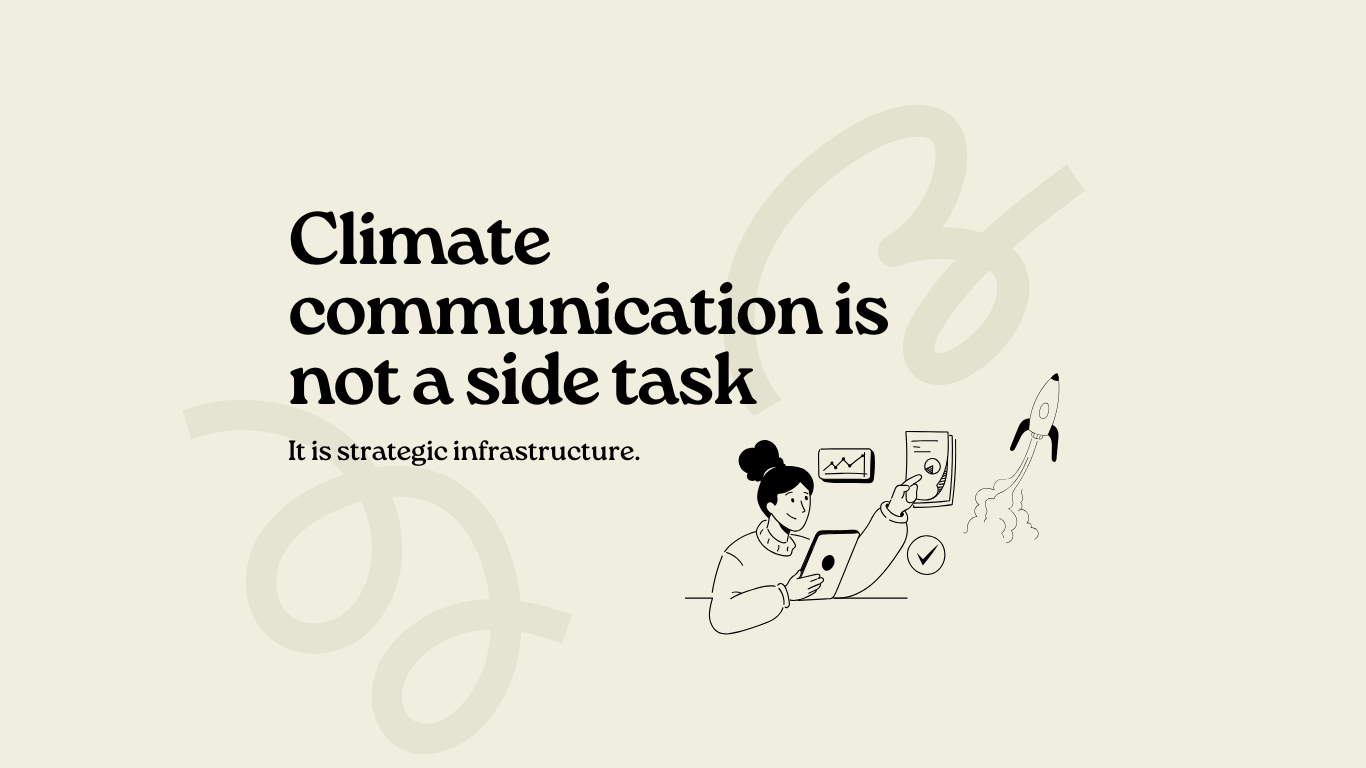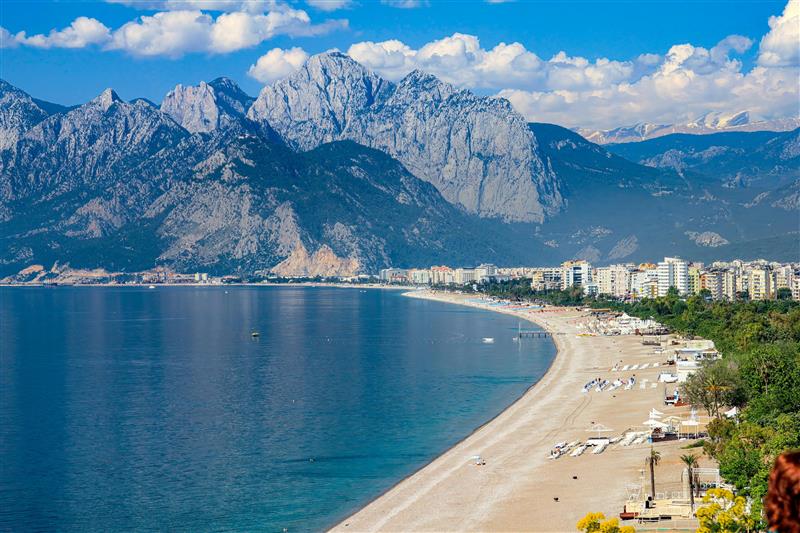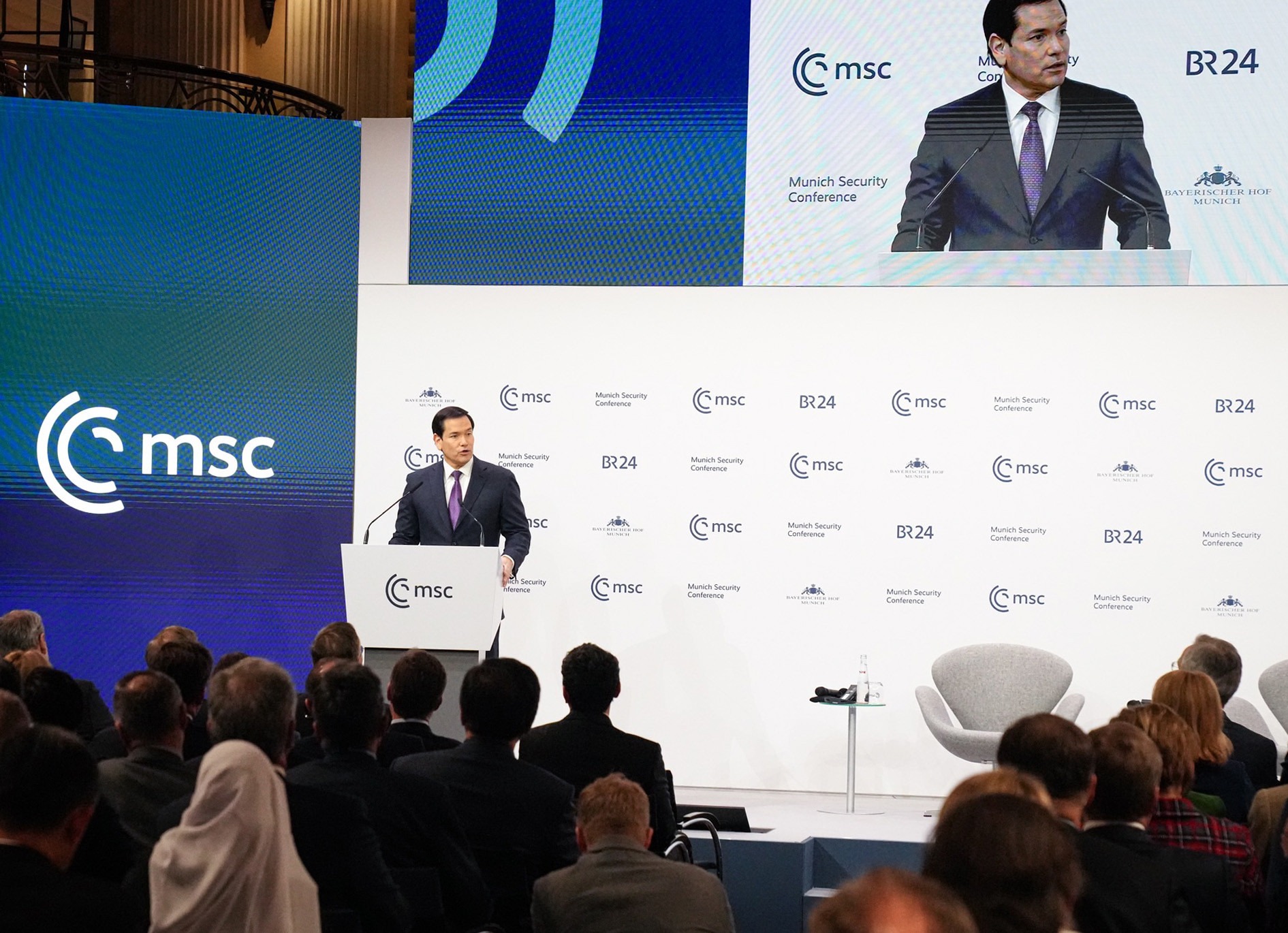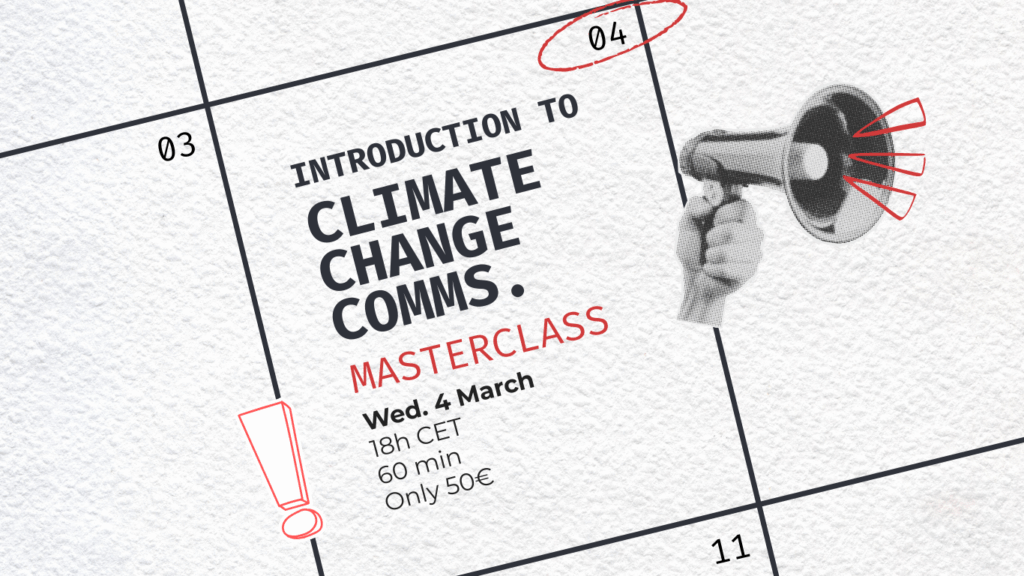With almost a month to go before the climate summit in Belém, narratives and climate diplomacy are taking shape
Preparations for the United Nations Climate Change Conference, COP30, in Belém, Brazil (10-21 November) have officially entered the final stretch. Governments are adjusting their positions, the Brazilian presidency of the conference is unveiling its roadmap for achieving an ambitious outcome, and civil society is beginning to close ranks and mobilise more intensely.
In this context, AmbiciónCOP organised a briefing on 25 September entitled ‘Climate September: 45 days before COP30’, which analysed the key political and communication issues in the final stretch leading up to the summit. The discussion took place during the high-level week of the UN General Assembly (UNGA80) and coincided with Climate Week in New York.
The briefing featured contributions from María Fernanda Souza, National Director of Climate Change for Uruguay, who emphasised the importance of the multilateral process and COP30 as a historic opportunity to raise climate ambition, and Mariana Castaño Cano, journalist and expert in climate communication, founder of 10 Billion Solutions, who analysed how climate narrative and strategic communication are key to mobilising citizens, raising awareness of solutions and increasing pressure on governments.
The combination of these perspectives highlighted that climate communication is not a mere embellishment, but a tool for advancing climate change policies: at a time when media attention is competing with multiple global crises, the challenge is to explain the complexity of the process without losing the sense of urgency. The way stories are told in the coming days will influence public perception of COP30, the legitimacy of negotiators and social pressure to demand more ambitious commitments.
The role of NDCs and the urgency of 1.5 °C
The debate also addressed Nationally Determined Contributions (NDCs), the climate plans that each country submits to the United Nations to reduce emissions and adapt to climate change. With just a few days to go before the deadline for updating them, many major emitters (such as the European Union and G20 countries) will not meet the deadline. This means that the gap between current commitments and the goal of limiting global warming to 1.5 °C remains wide. A critical view is inevitable here: countries recognise the urgency, but the delays show a lack of consistency between climate rhetoric and political decisions. The consequence is that the window for reaching 1.5 °C is narrowing and that, if the pace is not accelerated, the social, economic and environmental costs of inaction will be much higher.
Latin America and Brazilian leadership
Another central theme was Latin America’s leadership in this process. The Brazilian presidency of COP30 has promised to give a greater voice to indigenous communities, civil society and actors in the real economy. This change of approach could strengthen the legitimacy of the negotiations and bring new perspectives to a global context marked by geopolitical tensions. Among the most urgent issues that will be on the table in Belém are financing for adaptation, the new global adaptation goal, a just transition and real progress on NDCs. This point is key because Latin America is a region that is highly vulnerable to climate change and, on the other hand, can demonstrate leadership by offering innovative solutions and defending climate justice within a process in which economic interests often outweigh human needs.
Multilateralism: imperfect but essential
María Fernanda Souza recalled that, despite criticism, the multilateral process remains the only space where all countries negotiate jointly. Thanks to this process, historic advances have been made, such as the Paris Agreement, the loss and damage fund and the new climate finance target. The conclusion was clear: multilateralism is complex and slow, but it remains an essential tool for sustaining global climate action. And here is the analysis that we cannot ignore: although this system generates frustration due to its slowness, dismantling it would be a mistake. The challenge is not to replace it, but to make it more inclusive, transparent and effective, because without a common framework, international fragmentation would be even more dangerous.
Watch the full recording of the event
If you were unable to attend live, you can relive the session here:
Continue the conversation with us
We invite you to subscribe to our newsletter to receive exclusive analysis and resources, read related articles such as The major climate legal shift of 2025 you can’t miss or explore our Communication Academy with posts such as Communicating with purpose: enhancing your impact.
COP30 is fast approaching. The question is: how do we tell this story in a way that inspires real action?





